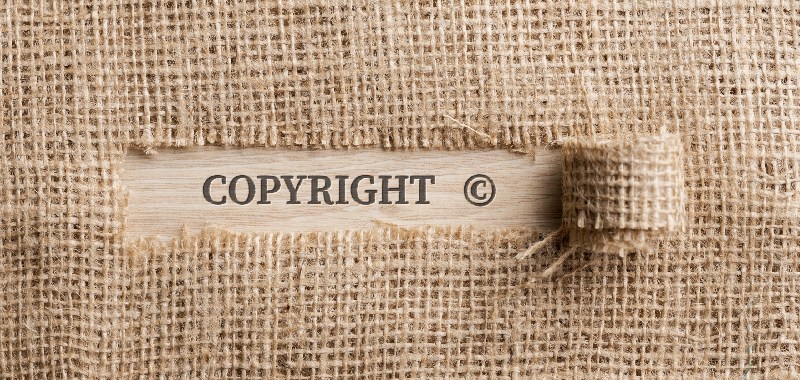
Economic benefits of owning intellectual property rights under EUIPO
The European Union Intellectual Property Office (EUIPO) administers EU trademark and design rights applicable throughout the EU. These rights complement intellectual property (IP) rights. Since 2012, the EUIPO has been responsible for the European Observatory on Infringements of Intellectual Property Rights and the Orphan Works Database.
Intellectual property rights are essential for economic activity and growth as they provide significant value to their owners and to the economy in general.
In Spain, intellectual property regulates copyright and related rights. Fundamentally, it protects the creations developed by a person thanks to his or her intellect, but also the dissemination or exploitation of such creations and certain investments. It is made up of a series of economic and, for certain holders, also personal rights, which grant them the right to dispose of the corresponding protected performance: work, performance, phonogram, audiovisual recording, database… In short, it is the basis on which almost all sectors of the cultural and entertainment industries are based.
The Intellectual Property Law 1/1996, of April 12, 1996, is the law that provides the framework for the protection of these original creations and other benefits.
In the case of copyrights, they will protect artistic, scientific and literary works of all kinds: novels, poetry, plays, audiovisual works, music, plastic art, video games, computer software and, in general, any type of creation that meets the requirement of originality, without requiring any formality or registration. However, ideas, procedures, methods of operation or mathematical concepts in themselves, but not their expression, are excluded.
In the case of related rights, the intervention of third parties other than the authors is protected. Such intervention may be, among other things, the interpretation of the work by an artist who may or may not be the author of the work himself, as well as certain investments such as those made by producers of phonograms and audiovisual recordings or broadcasting organizations.
A study published by the European Patent Office (EPO) and the European Union Intellectual Property Office (EUIPO) shows that companies owning at least one patent, registered design or trademark generate, on average, 20% more revenue than companies that do not own any of these industrial property rights (IPRs).
IPR-intensive industries are considered to be those industries whose IPR/employee ratio is higher than the average for IPR-holding industries. This means that an industry is identified as IPR-intensive in the EU if, for at least one of the IPRs considered, the number of such IPRs per employee exceeds the average of all EU industries using that same IPR.
There are currently 357 IPR-intensive sectors identified within the European Union (EU) economy, compared to 353 identified in the previous study (2019). Of these sectors, 229 (64%) are intensive in more than one IPR.
The study, entitled “Intellectual property rights and firm performance in the EU“, confirms the strong and positive relationship between a firm’s ownership of different types of IPRs and its economic performance. This study provides a further indication of the importance of IPR for the European economy.
IPR-intensive sectors make an important contribution to the functioning of the EU internal market. They account for more than 75% of intra-EU trade. In total, companies create almost seven million jobs in IPR-intensive sectors in other EU Member States, with a share of these jobs exceeding 30% in some countries.
And those SMEs with patents, registered designs or trademarks were more likely than other firms to achieve high turnover growth in subsequent years. Taken together, these studies provide compelling evidence of the positive relationship between IPRs and economic performance, both at the macroeconomic level and at the level of individual firms.
Overall, the report further demonstrates that firms owning IPRs are most represented in the information and communication (with 18% of firms in that sector owning IPRs), manufacturing (14%) and other service activities (14%), as well as in scientific and technical activities (13%).

José María Baños es el socio fundador de Letslaw y abogado multidisciplinar.
Está especializado en derecho mercantil, derecho procesal y en el derecho de las nuevas tecnologías, comercio electrónico, propiedad intelectual y protección de datos.







